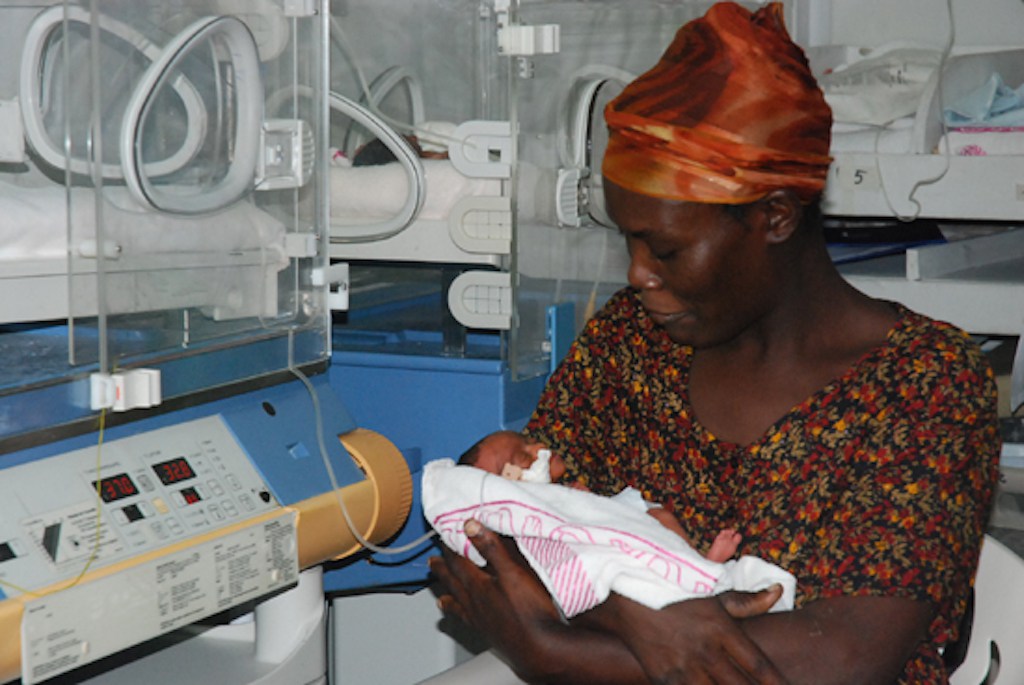
The evidence shows that increasing investments in health through the health budget will ensure that programmes that help meet the national demand for family planning can be funded, towards saving the lives of Nigerian women.
There are some estimates that more women die every year from childbirth in Nigeria than the combined deaths attributable to the entire insurgency raging in North-East Nigeria for nearly a decade. It is postulated in some quarters that at least 30,000 Nigerians were killed in more than 2,300 incidents from 1998 to 2014, reflecting a wide range of ethnic, religious, political and economic tensions across large portions of the country. These same estimates put the Boko Haram related deaths at about 12,000 from 2009 to 2014.
Nigeria’s maternal mortality rate is nearly 600 deaths in every 100,000 live births of children. This means that every year, approximately 40,000 women die from childbirth. In simple terms, more than 100 women die every day from childbirth related issues.
For decades, we have recognised in Nigeria the top five direct causes of women dying in childbirth due to factors that are directly from or aggravated by pregnancy or delivery. Pregnancy related hypertensive disease, unsafe abortion, bleeding following delivery of baby, obstructed labour and infections in pregnancy make up these top five direct causes accounting for 80 percent of nearly 40,000 deaths every year.
What these five killer elements have in common, beyond the women they take away from us, is that they can be prevented or even eliminated, in significant part, by using effective methods to delay, space and limit pregnancies, including natural family planning methods, and male and female condoms, which bring the added benefit of reducing transmission of STIs and HIV. Family planning is one of the most cost-effective ways to prevent maternal, infant, and child mortality. It can reduce maternal mortality by reducing the number of unintended pregnancies, the number of unsafe abortions, and the proportion of births at high risk.
Enabling women and girls to delay, space, and limit their pregnancies leads to lower health care costs, keeps more girls in school and for more years, and ensures more women in the workforce. Use of family planning methods enables healthy timing and spacing of births, preventing pregnancies, which are high-risk for both mother and child. Voluntary family planning can reduce unwanted fertility in low-resource settings.
The 2016 Appropriations Act or Budget earmarks $2.8 million as direct budget lines to family planning. This money covers spending on commodities, last mile distribution of commodities, training of family planning service providers, training of community health extension workers on long acting reversible contraceptives and developing a costed implementation plan for the Nigeria family planning blue print. The direct investment of a somewhat guaranteed $2.8 million in family planning, falls way short of the Nigerian national and international commitments to its families.
Meeting national demand for family planning can simultaneously improve outcomes in health, education and wealth. It can help preserve the environment. It supports the rights and empowerment of women and girls. It improves food security for people around the country. Most importantly, meeting national demand for family planning can stop our women from dying.
The Partnership for Advocacy in Child and Family Health, a partnership of local non-governmental organisations, working to improve the health and wellbeing of Nigerian children and families commends the work done so far by the executive and legislative arms of the government on the 2017 budget. The partnership is particularly pleased at the perceived commitments from all sections to ensure an increase in annual allocations to health through the Health Budget, and looks forward to the translation of these commitments into outcome. The evidence shows that increasing investments in health through the health budget will ensure that programmes that help meet the national demand for family planning can be funded, towards saving the lives of Nigerian women.
info@aafpng.org
END

Be the first to comment